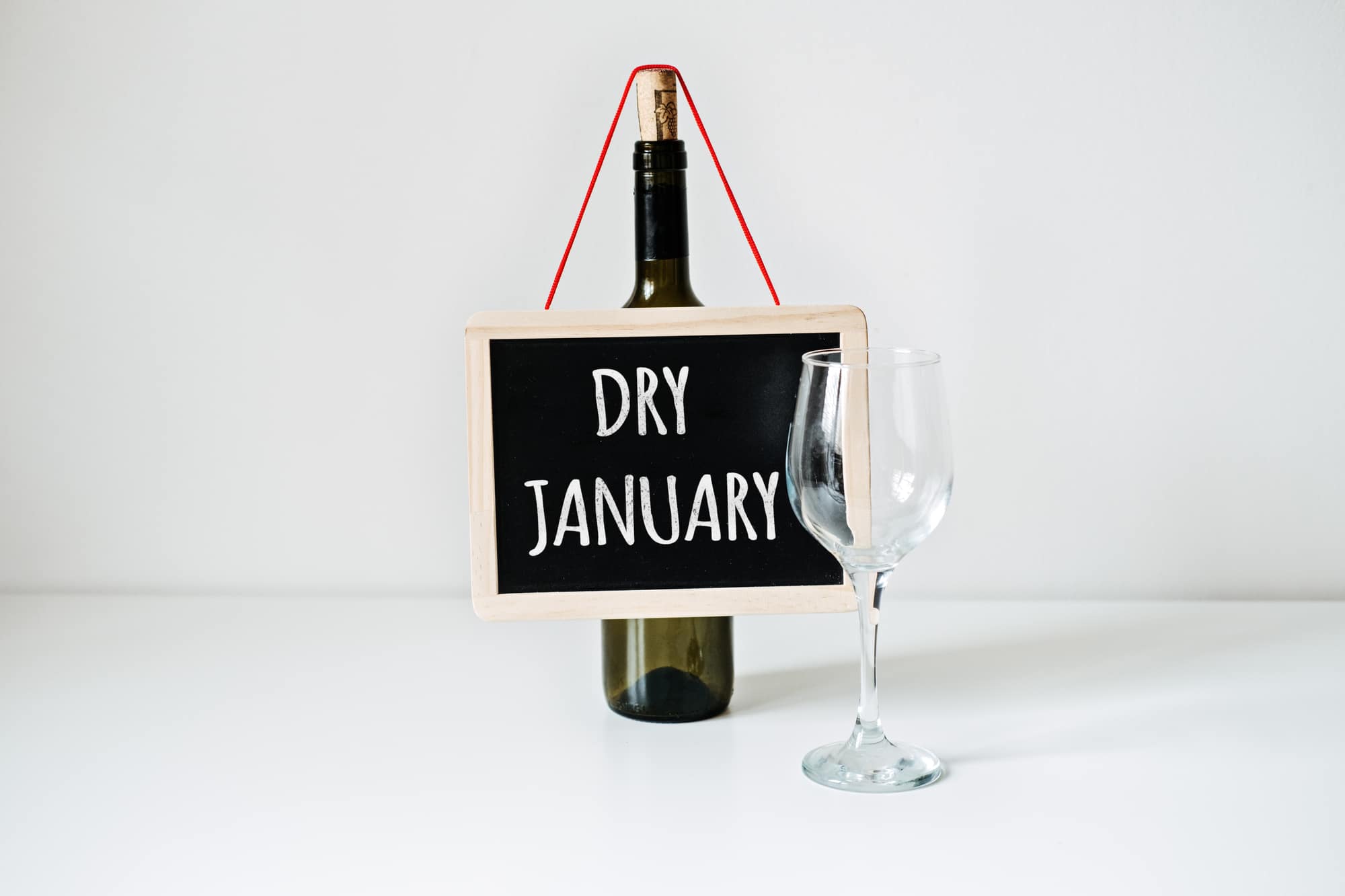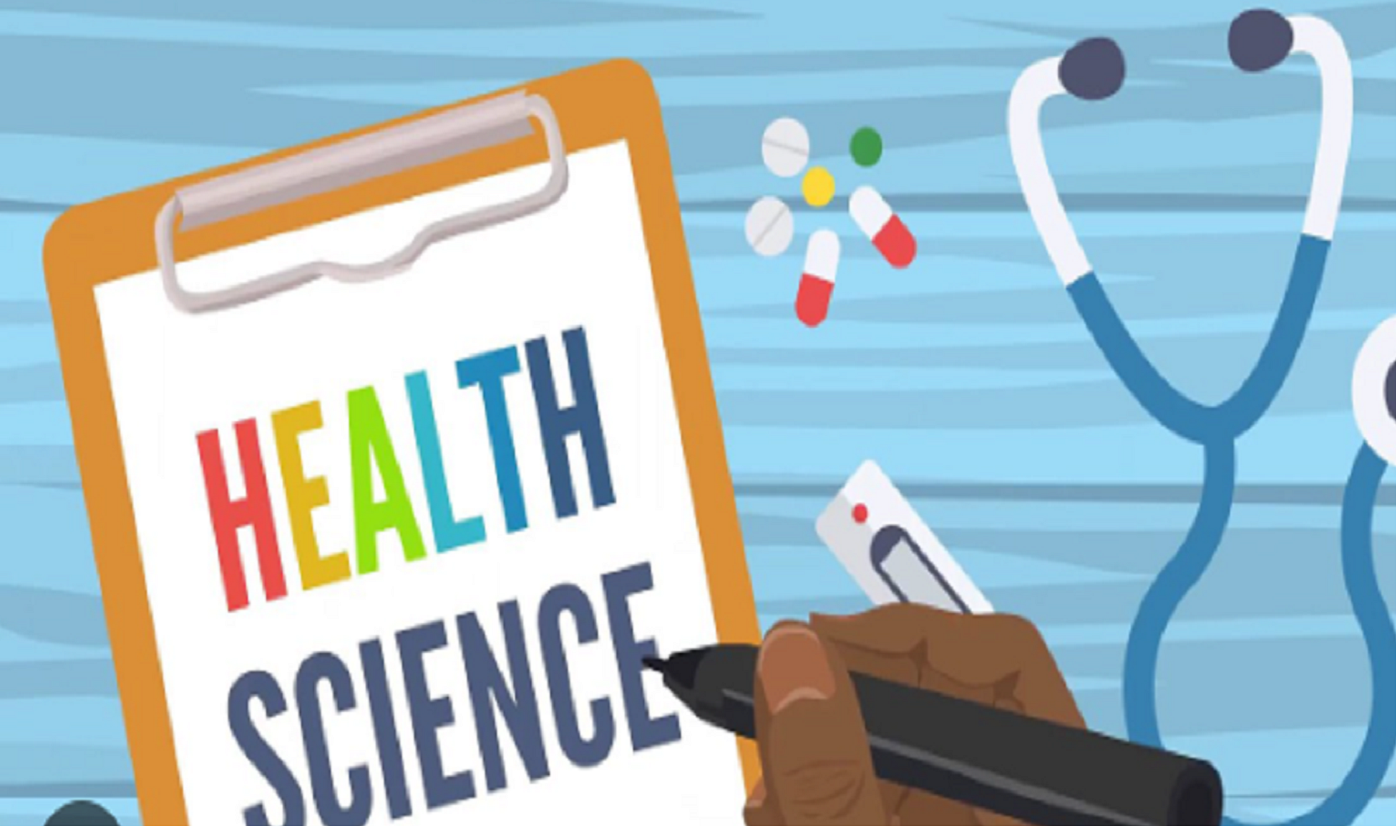Have you ever heard people say they are doing Dry January and wondered what it really means? Maybe you saw someone mention it on social media or a friend told you they are “taking a break from alcohol this month.” You might have thought, what is so special about January? Well, don’t worry. In this article, we will explain the full Dry January meaning in the simplest and most understandable way. You will learn what it is, why it became so popular, what benefits it offers, and how you can easily join this healthy trend.
What Is Dry January? (Dry January Meaning Explained)
The Dry January meaning is quite simple. The word “dry” means not drinking alcohol, and “January” is the first month of the year. So, Dry January means spending the entire month of January without drinking any alcohol.
This idea started as a positive challenge where people decide not to drink for 31 days. It is not a punishment or a strict rule. It is more like a personal decision to give your body and mind a fresh start to the new year.
Many people use Dry January as a way to reset after the holidays. December is full of parties, celebrations, and drinks. When January arrives, it feels like the perfect time to take a break.
By joining Dry January, you give yourself the chance to feel more energetic, save money, sleep better, and focus on your goals. The Dry January meaning is not just about avoiding alcohol. It is about taking care of yourself and starting your year in a healthy, confident way.
The History of Dry January
Dry January did not just appear out of nowhere. It began in 2013 when a charity organization in the United Kingdom called “Alcohol Change UK” launched a campaign to encourage people to stop drinking alcohol for one month. Their goal was to help people reflect on their drinking habits and see the benefits of cutting down.
At first, only a few thousand people joined the campaign. But as time passed, it grew into a worldwide movement. Now, millions of people from all over the world take part in Dry January every year.
Social media also played a big role in spreading the idea. People began sharing their personal stories, posting updates, and encouraging friends to join them. Today, Dry January is more than just a campaign. It has become a powerful global health movement that inspires people to make positive changes.
Also Read Here: The Ultimate 75 Hard Challenge Printable Guide: Your Step-by-Step Roadmap to Success
Why People Join Dry January
There are many reasons why people decide to take part in Dry January. Some do it to test their willpower, while others want to improve their health or save money. Let’s look at some of the most common reasons:
- Health Reset: After the festive season, many people feel tired or sluggish. Dry January helps the body recover and reset.
- Better Sleep: Alcohol can disturb sleep. Without it, people often sleep deeper and wake up feeling more refreshed.
- Saving Money: Drinks can be expensive. Skipping alcohol for a month can save a surprising amount of money.
- Increased Energy: Without alcohol, you may feel more awake and active during the day.
- Improved Focus: Alcohol can affect concentration. Staying sober helps you think clearly and focus better.
- Sense of Achievement: Completing the challenge gives people confidence that they can take control of their habits.
In short, the Dry January meaning goes far beyond simply avoiding alcohol. It is about learning to make mindful choices that improve your physical and mental well-being.
What Happens to Your Body During Dry January
When you stop drinking for an entire month, your body experiences many positive changes. Here is what usually happens:
Week 1: You might feel a little restless or crave your usual drink. This is normal. Your body is adjusting.
Week 2: Your sleep improves, your skin starts to look healthier, and you feel more energetic.
Week 3: You begin to notice mental clarity. Your mood becomes lighter, and you may feel more focused and productive.
Week 4: You feel proud and realize how good it feels to live without alcohol. Many people report improved digestion and a more positive attitude.
These small but powerful changes prove that the Dry January meaning is not just about stopping drinking for a month. It is about giving your body a well-deserved break and seeing how much better you can feel without alcohol.
Benefits of Doing Dry January
Even though Dry January lasts only one month, the benefits can last much longer. Let’s explore some of the main advantages:
1. Better Health
Avoiding alcohol gives your liver time to recover. Your skin may look brighter, your digestion improves, and you may even lose some extra weight since alcohol contains many hidden calories.
2. Clearer Thinking
Without alcohol, your mind becomes sharper. You make better decisions and can focus more effectively on work and personal goals.
3. Improved Sleep
Many people believe alcohol helps them sleep, but it actually disrupts the natural sleep cycle. Staying sober helps your body rest more deeply and wake up with energy.
4. Emotional Balance
Without alcohol affecting your mood, you may feel calmer and more emotionally stable. You become more aware of your true feelings and handle stress better.
5. More Confidence
Completing the challenge boosts self-confidence. You realize you have the strength to control habits that may not serve you well.
6. Stronger Relationships
You might notice that your conversations become more meaningful. You connect with friends and family on a deeper level and remember moments more clearly.
These are just some of the benefits that make Dry January so powerful and meaningful.
How to Successfully Do Dry January
Starting Dry January might seem easy, but staying committed for 31 days can be challenging, especially if you are used to social drinking. Here are some helpful tips:
1. Tell Your Friends and Family
Let the people around you know that you are doing Dry January. When others understand your goal, they are more likely to support and respect your decision.
2. Find Alcohol-Free Alternatives
There are so many great non-alcoholic drinks to enjoy, such as mocktails, sparkling water, flavored juices, or herbal teas. These can make social situations more enjoyable.
3. Keep Yourself Busy
If drinking has been part of your routine, find new activities to fill your time. Exercise, go for walks, learn something new, or spend time doing creative hobbies.
4. Track Your Progress
Mark each successful day on a calendar or use an app to track your journey. Seeing your progress can keep you motivated.
5. Reward Yourself
Once you complete the challenge, celebrate your success. Treat yourself to something you enjoy, like a nice dinner, a new book, or a short trip.
Remember, Dry January is not about being perfect. It’s about trying your best to live healthier and make better choices. Even if you slip up, the important thing is to keep going.
How Dry January Impacts Society
Dry January does not just affect individuals; it also has a positive impact on society. When more people reduce their alcohol consumption, there are fewer health problems, fewer accidents, and a better overall sense of community well-being.
Workplaces benefit too. Employees who take part in Dry January often report higher productivity, fewer sick days, and better concentration.
Families also experience positive changes. Without alcohol, people spend more quality time together and communicate more openly.
So, the Dry January meaning extends beyond personal health. It helps create a healthier, happier, and more mindful society.
Common Myths About Dry January
Many people misunderstand Dry January. Let’s clear up a few common myths:
Myth 1: “It’s Only for Heavy Drinkers”
This is not true. Dry January is for everyone. Whether you drink often or only occasionally, you can benefit from it.
Myth 2: “It’s Just a Trend”
Dry January may have started as a campaign, but it has proven real benefits. Millions of people report better health, focus, and energy after completing it.
Myth 3: “You’ll Go Back to Drinking the Same Way Afterward”
Actually, many people continue to drink less even after January. They learn to enjoy life without needing alcohol.
Myth 4: “It’s Boring Without Alcohol”
Life without alcohol can be fun and exciting. There are many ways to relax, socialize, and have a great time without drinking.
Understanding the real Dry January meaning helps you see it’s not about missing out. It’s about gaining more control, confidence, and health.
What Happens After Dry January?
When January ends, some people return to drinking, but most do so with more awareness. They realize they do not need alcohol to have fun or feel relaxed. Others continue to stay sober for longer because they feel so good.
The most important thing is the awareness Dry January brings. You learn how alcohol affects your mood, your energy, and your focus. Once you understand that, you can make better choices all year long.
People also notice how much money and time they save by not drinking. These positive results often motivate them to continue making healthier lifestyle decisions even beyond January.
The True Dry January Meaning
The true Dry January meaning is more than just avoiding alcohol for a month. It is about understanding yourself better, taking care of your health, and proving that you can control your habits.
By participating in Dry January, you give yourself the chance to start the year with clarity, strength, and confidence. You take a step toward a more balanced and mindful lifestyle.
So, when someone asks you what Dry January means, you can simply say, “It’s a month where I focus on myself, stay strong, and choose to live healthier.”
That is the real power of Dry January. It is a small step that can make a big difference in your life — not just for one month, but for the rest of the year.

